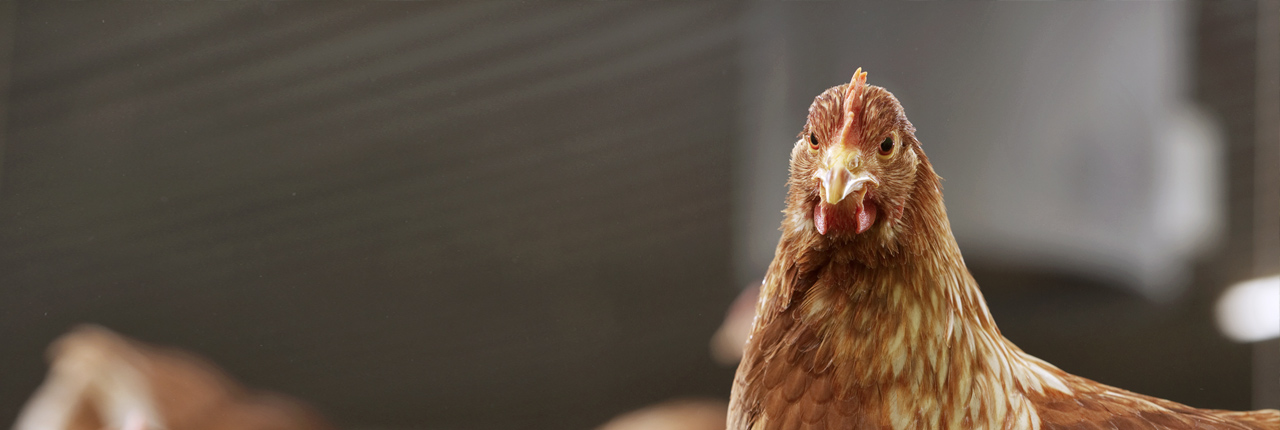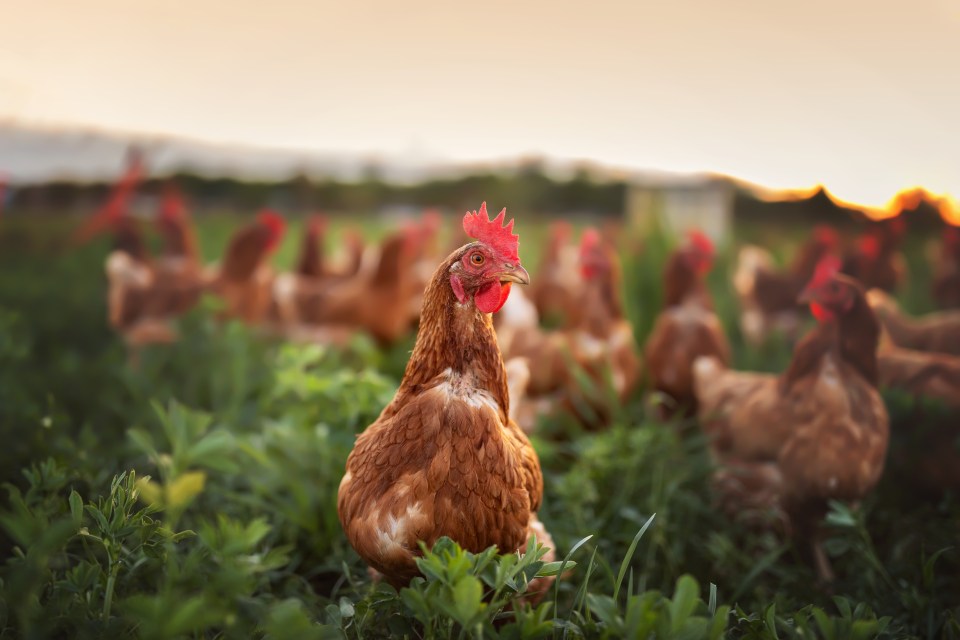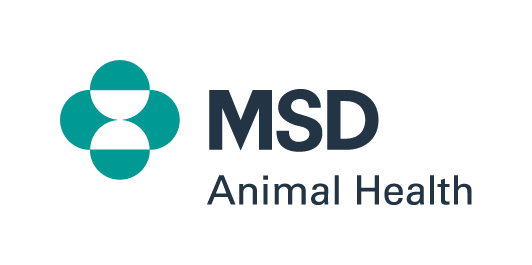
Poultry, People and the Planet:
Celebrating World Egg Day
Supporting global food security through sustainable egg production

In 2015, the United Nations set a goal to end hunger, food insecurity and malnutrition by 2030. While we still have a long way to go, I – along with my colleagues at MSD Animal Health – believe eggs and sustainable egg production can significantly and positively impact these issues. In honor of World Egg Day and in the spirit of a One Health approach to optimize both health and the environment, let’s take a look at some of the ways that eggs can make life better for people and the planet:
- One of the most complete foods available within all geographies, eggs are a cost-efficient, complete source of high-quality protein and contain 16 vitamins and minerals. When compared on the basis of calories and unit cost, the energy cost of eggs is significantly less than that of other animal-protein foods such as meat, poultry and fish.[i]
- With a low carbon footprint, egg production is the most environmentally sustainable form of animal protein.
- The egg industry is a significant source of income for rural populations around the world. There are over two million egg farmers globally, most of whom work on small family farms that provide a regular source of food and income.[ii]
- In fact, the production volume of eggs worldwide exceeded 86.67 million metric tons in 2020[iii] – that’s approximately 4,875 metric tons of eggs produced every five minutes – just in the time it will take you to read this article!
I am proud to say that MSD Animal Health is at the forefront of helping egg producers create a sustainable, affordable and safe food supply through the protection of poultry health. As the largest poultry vaccine manufacturer worldwide, we take a One Health approach to all that we do, including how we think about our broad product line that protects against most major pathogens and focuses on diseases affecting broilers, breeders and layers.

We are also laser focused on innovation and helping egg producers work more efficiently – for over 70 years, we have continued developing solutions for farmers, veterinarians and producers. In 2021, we broadened our portfolio to enhance health and environmental monitoring solutions for the poultry industry. The ability to capture and analyze parameters such as weight, water usage, humidity, light, temperature and carbon dioxide in real time enables producers to detect factors which may contribute to or be indicative of disease and intervene sooner to get ahead of the potential long-term impact of disease on animals and the farm.
On this World Egg Day, all of us at MSD Animal Health reaffirm our commitment to the poultry industry– to continue leveraging our scientific and technical capabilities to protect animal welfare, supply safe food and effectively sustain the growth of the poultry industry now and into the future.
I hope you’ll follow along on our journey, discover #WhyWeInnovate and learn more about our commitment to poultry R&D innovation.
[i] Walker S, Baum JI. Eggs as an affordable source of nutrients for adults and children living in food-insecure environments. Nutr Rev. 2022 Jan 10;80(2):178-186. doi: 10.1093/nutrit/nuab019. PMID: 34027973.
[ii] International Egg Commission (IEC). The egg industry’s commitment to the UN Sustainable Development Goals. Available at: https://www.internationalegg.com/app/uploads/2021/06/Egg-industrys-commitment-to-the-UN-SDGs.pdf.
[iii] Statista. Global egg production from 1990 to 2020. Available at: https://www.statista.com/statistics/263972/egg-production-worldwide-since-1990/.
